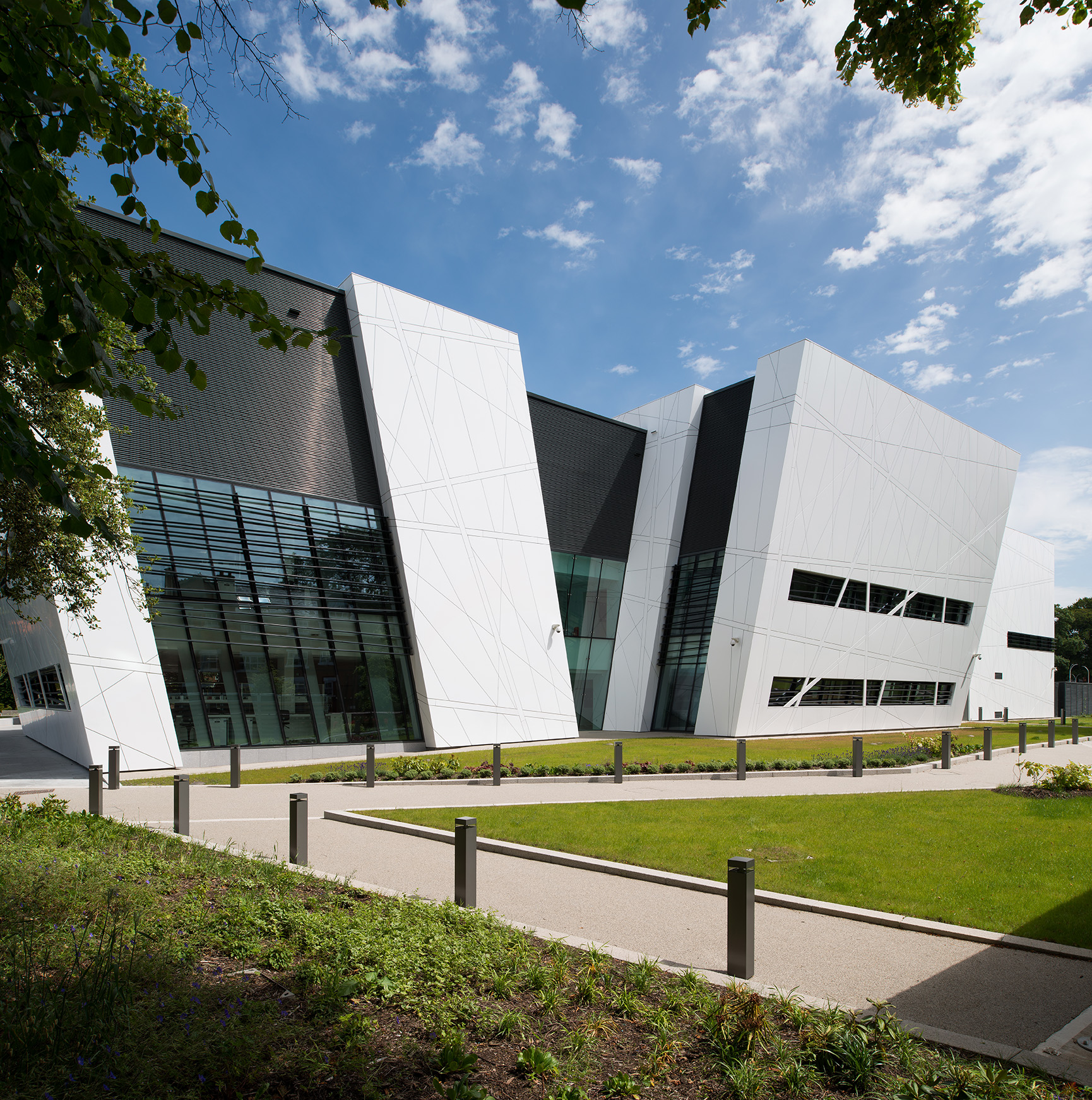Closing date: 17/11/2025
Non-Clinical Studentship Project: Biological Magnetic Resonance Imaging for Radiotherapy Adaption in Lung Cancer
Lead Supervisors: Dr Michael Dubec
Co-Supervisors: Dr Alan McWilliam, Dr David Woolf, Dr Robert Chuter
Applications Deadline: 12:00pm Monday 17th November 2025
Interviews: Week commencing 12th January 2026
Start date: September 2026
Project Keywords: MRI, Lung Cancer, Imaging Biomarkers
Research Opportunity: Non-Clinical Studentship leading to the award of PhD
Project Outline
Lung cancer affects more than 40,000 people each year in the UK. Radiotherapy is often used to treat lung cancer, especially non-small cell lung cancer (NSCLC), which make up around 87% of all lung cancers. Unfortunately, 5-year survival rates for lung cancer are very poor (around 20% at 5-years) and more research into identifying methods to improve treatment are urgently needed. Cancer-induced changes in the biology of the tumour microenvironment, including hypoxia, cell density, and vascularity contribute to the poor patient outcomes. Imaging methods for measuring such properties could enable personalised treatment adaption based on tumour biology, by targeting resistant parts of disease and reducing toxicity through radiotherapy-dose sparing.
The Christie is home to two major advanced radiotherapy systems – the magnetic resonance imaging (MRI)-linear accelerator (MR Linac) and a proton beam therapy (PBT) facility. Recently, our team have developed quantitative biological imaging techniques on multiple MRI systems, including the MR Linac, permitting 3D mapping and measurement of changes in tumour biology, during radiotherapy. We have shown that we can measure radiotherapy-induced changes in tumour hypoxia – a known negative prognostic indicator and factor affecting radiosensitivity – using a technique known as oxygen-enhanced MRI.
In this imaging-physics project, quantitative MRI techniques will be developed for imaging lung tumours and lung parenchyma to generate image maps of tumour biology and assess dynamic changes in a range of imaging biomarkers during treatment. Furthermore, biological imaging will be applied to surrounding lung tissue to identify radiotherapy-induced changes that may relate to acute and chronic toxicity. Together, imaging biomarkers of tumour resistance and normal-tissue toxicity will be incorporated into biology-guided adaptive radiotherapy planning studies to assess feasibility of radiotherapy-dose-escalation to the tumour and radiotherapy dose-de-escalation to healthy tissue – with the hope of improving local control, with resultant impact on survival, and reducing treatment-related side effects.
Applications for this project are now open. Please complete your application on The University of Manchester website.
About Dr Michael Dubec (project Lead Supervisor)
Dr Michael Dubec is Principal Clinical Scientist (Magnetic Resonance Research Lead) at The Christie NHS Foundation Trust and Honorary Lecturer in the Division of Cancer Sciences at The University of Manchester. Michael’s research interests include the development and validation of quantitative magnetic resonance (MR) imaging biomarkers for adaptive treatment planning, MR-guided radiotherapy, and treatment response assessment.

Key information
Before submitting an application, please ensure you have read the information below about the funding arrangements and eligibility for Non-Clinical Studentships.
We also encourage you to get in contact with the lead supervisor to discuss the project and any particulars.
Further information is available on the Non-Clinical PhD Studentships webpage.
Our Non-Clinical PhD Studentships are usually funded for four years, with funding covering:
- Project running costs
- University tuition fees university tuition fees (at the UK rate, with some scholarships available for high-performing EU/International candidates)
- An annual stipend of £22,113 to help with living costs
Studentships are highly competitive and so we encourage you to contact any supervisors who you are interested in working with before applying for our Non- Clinical PhD Studentships.
International Candidates
The University of Manchester aims to support the most outstanding applicants from outside the UK.
We are able to offer a limited number of bursaries to high-performing EU and international candidates, covering PhD fees only. Bursaries do not include financial support for visa/health surcharges.
We assess each EU and international candidate’s suitability for a bursary at the application and interview stages.
You must hold, or be about to achieve, a First or Upper Second-class honours degree in a relevant subject. A related Master’s degree is also an advantage.
International applicants (including EU nationals) must ensure they meet the academic eligibility criteria (including English Language) before contacting potential supervisors to express an interest in their project. Eligibility information can be found on the University’s Country Specific information page.
Applications for this programme are now open. Please submit your application on The University of Manchester application portal.
Key dates
- Applications open: Monday 6th October 2025
- Application deadline: 12:00pm Monday 17th November 2025
- Interviews: Week commencing 12th January 2026
- Start date: September 2026
Useful Links
Submit your application
Interested in applying for this opportunity? Submit your application on The University of Manchester application portal.
Non-Clinical PhD Studentships
Learn more about our Non-Clinical PhD Studentships.
Get in Touch
Contact Dr Yasmin Noori Jenaghard, Postgraduate Programme Manager.
Researcher Stories
Read first-hand experiences of from cancer scientists from across Manchester.
Why Manchester?
Find out why postgraduate students choose to study in Manchester.
A Day in the Life of a Non-Clinical PhD Student
Watch our short video to see what it's like to be a Non-Clinical PhD student in Manchester.





